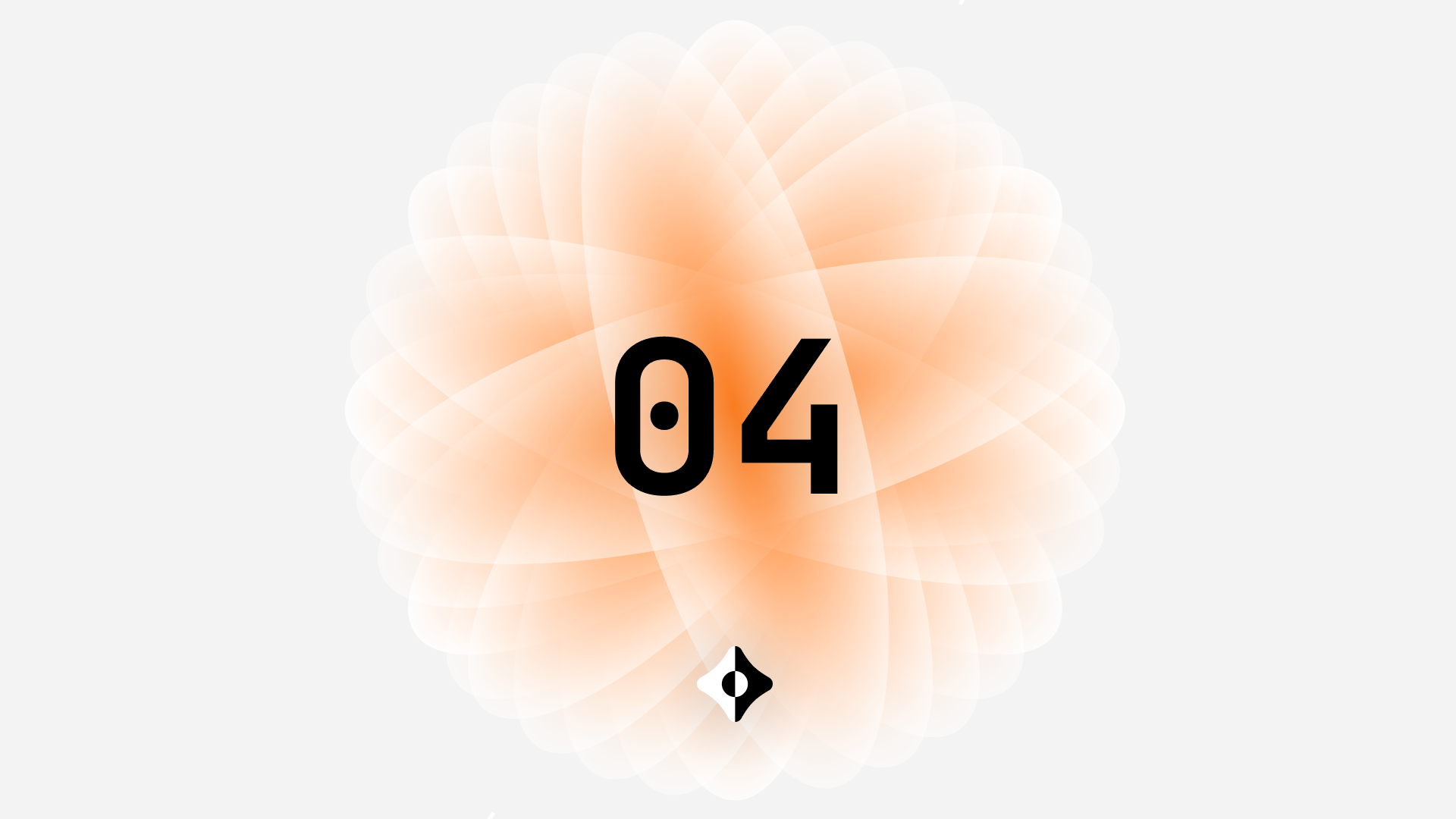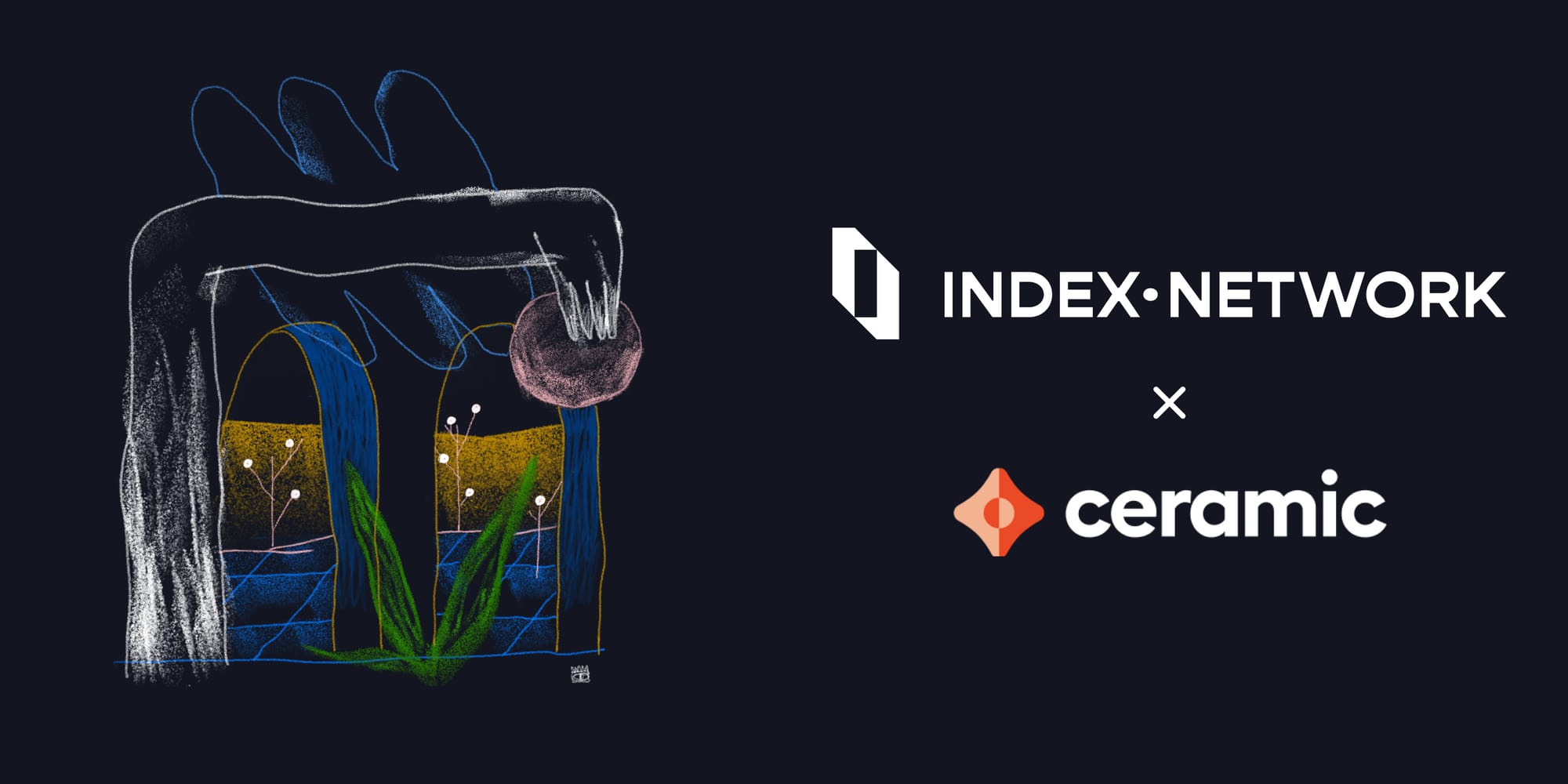CeramicWorld 04

Welcome to the 4th edition of CeramicWorld! Last month has been busy with new features and developments happening across the Ceramic ecosystem. Here’s a TL;DR for what has happened:
- Ceramic released an a new library for building points on Ceramic
- Index is making strides in powering decentralized AI
- Ceramic Anchor Service (CAS) is moving away from IPFS pubsub
- Ceramic’s Data Feed API is here
A new library for building points on Ceramic has dropped 🔥
Ceramic core team has just released the points library, designed to facilitate developers in initiating experimentation with reputation systems on Ceramic and accelerating iteration. The points library serves various use cases, including implementing rewards for community engagement, incentivizing collaboration, or facilitating community quests and educational initiatives.
As an illustration of its functionality, the Points library has been integrated into the ComposeDB Sandbox. By following the steps outlined in the Sandbox, you can earn your first points, stored on Ceramic! 🔥

And that’s not all. In addition to the points library, there is also a points demo application that you can use as the basis of your own project. This example app showcases how the points library can be utilized to incentivize community members for their engagement, such as participation on key social platforms. To learn more, check out the comprehensive tutorial, and watch the accompanying video walkthrough:

Powering Decentralized AI with Composable Data
Index, a composable discovery protocol, is revolutionizing web discovery by empowering users to curate personalized search engines, known as indexes, tailored to their specific needs.
Built on Ceramic's decentralized graph database, Index is driving decentralized AI. It leverages a decentralized semantic index, utilizing ComposeDB, to enable semantic interoperability and a highly relational composition of use cases. By integrating AI-based discovery functions with Ceramic's decentralized network, Index ensures data integrity, privacy, and personalized discovery experiences across peers, mitigating privacy risks associated with centralized systems. This interconnected approach fosters a discovery experience where responses are both personalized and trusted, exemplified by a chat setup drawing from both community and private indexes.
Today, Index network is partnering with a number of projects in the ecosystem, including Ceramic, Lit Protocol, Fluence, Disco, Intuition Systems, Verax, and Olas Network, among others.
Just a few days ago Index team announced the collaboration with LangChainAI which enables developers to seamlessly build their composable semantic indexes with LangChain's suite of LLM pipelines. The new integration is supported in both Python and JavaScript.
Earlier this month, the core Ceramic team shared an update regarding the work that has been done to enhance Ceramic network's reliability, scalability, and performance, particularly focusing on the Ceramic Anchor Service (CAS). As the team is approaching the release of Ceramic’s Recon protocol, CAS is transitioning away from using IPFS pubsub to synchronize Streams in Ceramic. To facilitate this, a new HTTP-based mechanism has been developed for sharing Time Events from CAS to Ceramic nodes. This eliminates the dependency of newer Ceramic nodes on IPFS pubsub.
To ensure seamless data delivery and prevent potential data loss, it's crucial for all Ceramic nodes to be upgraded to at least v5.3. Learn more here.
Earlier this month, a set of new features providing a sophisticated toolkit for data management, have been added to Ceramic. More specifically, you can now use the following tools to build your applications:
- SET account relation - enabling users to enforce a constraint where each user account (or DID) can create only one instance of a model for a specific record of another model.
- Immutable fields - allow specific data to be prevented from being altered.
- shouldIndex flag - gives developers an option to manage the data visibility by choosing which fields should be indexed.
Learn more about these features in a written tutorial and a video walkthrough.
Data Feed API is finally out. The new Data Feed API formalizes the underlying Ceramic event streaming protocol and allows developers to build data(base) products using raw event streams.
The release finalises the initial stage of implementation of Data Feed API with additional features and improvements coming in the near future. Check out the announcement blogpost and keep an eye on Ceramic Roadmap for updates.
Ceramic Community Content
TRENDINGWe Built a Web3 Points Library on Ceramic by Mark KrasnerTUTORIALWeb3 Points Library: Example App Tutorial by Mark KrasnerVIDEOBuilding with Ceramic Points Library by Radek SienkiewiczANNOUNCEMENTUpgrade your Ceramic node to v5.3BLOGPOSTIndex Network x Ceramic Network: Decentralized AI with Composable DataTUTORIALCeramic Feature Release: SET Account Relations, Immutable Fields and shouldIndex flag by Justina Petraityte
Upcoming Events
May 29 - May 31GenAI summit
Contact Us
Want to get in touch with the Ceramic core team? Fill out this form (1m). Otherwise, drop us a note in the Forum.

